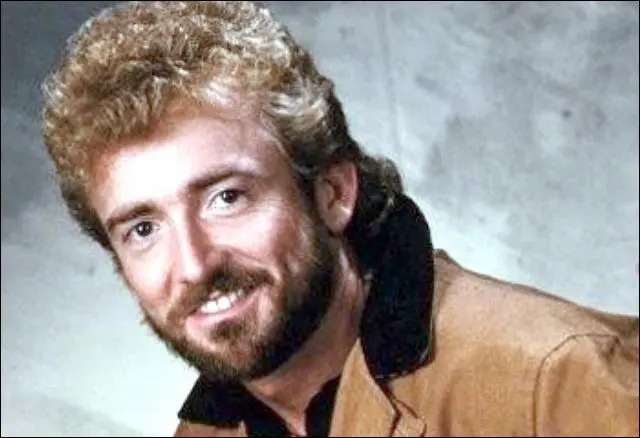
Weathered by Heartache, Strengthened by Vulnerability
Released in 1989 as the third single from Keith Whitley’s poignant final studio album, “Don’t Close Your Eyes,” “I’m No Stranger to the Rain” ascended to the top of the Billboard Hot Country Singles chart, becoming one of the defining anthems of a voice silenced too soon. At just 34 years old, Whitley passed away mere months after the song reached No. 1, casting a long shadow over his burgeoning legacy. Yet it is precisely this context — his blend of haunting authenticity and fragile triumph — that elevates this track beyond chart-topping success into the realm of timeless emotional testimony.
There is an unflinching honesty coursing through “I’m No Stranger to the Rain” that transcends its melodic twang and radio-friendly structure. Written by Sonny Curtis and Ron Hellard, the song weaves a narrative both deeply personal and universally resonant. It is a statement of resilience voiced by someone who has danced with despair and lived to tell about it — not untouched, but unbroken. The metaphor of rain serves not merely as poetic shorthand for sorrow but as a baptismal motif: each storm survived becomes a testament to inner strength and defiant hope.
Whitley’s delivery is masterful in its restraint. His voice doesn’t plead; it confesses. He doesn’t wail in anguish; he reflects with weathered calm. There’s a subtle tremor in his phrasing, suggesting that while he may no longer fear the rain, he still feels its chill. Lines like “But I’ll keep on livin’, lovin’ and forgivin’” reflect an emotional maturity seldom captured with such clarity in country music — or any genre, for that matter. It’s this balance between emotional candor and steely perseverance that makes the song linger in the listener’s chest long after it fades from the airwaves.
Musically, “I’m No Stranger to the Rain” stands as a bridge between classic country storytelling and contemporary production polish. The arrangement remains understated — guitar lines shimmer like distant lightning while steel guitar sighs echo like thunderclaps on the horizon. But it is Whitley’s voice — that Appalachian lilt infused with soul and smoke — that carries the song into sacred territory. In his hands, adversity isn’t something to be overcome triumphantly; it’s something to be endured with grace.
Following Whitley’s untimely death later in 1989, “I’m No Stranger to the Rain” took on an almost mythic resonance. It became more than just a hit single; it transformed into an epitaph written in melody, a declaration that even amidst life’s darkest squalls, dignity can still shine through. For those who knew Whitley’s struggles with addiction and inner torment, every line reads like prophecy — grim, beautiful, and achingly human.
In the decades since its release, the song has become a touchstone for country artists seeking to blend vulnerability with grit. But few have matched Whitley’s alchemy: a voice soaked in sorrow yet lifted by hope, singing not just about surviving storms — but about learning how to walk in them with open eyes and an open heart.